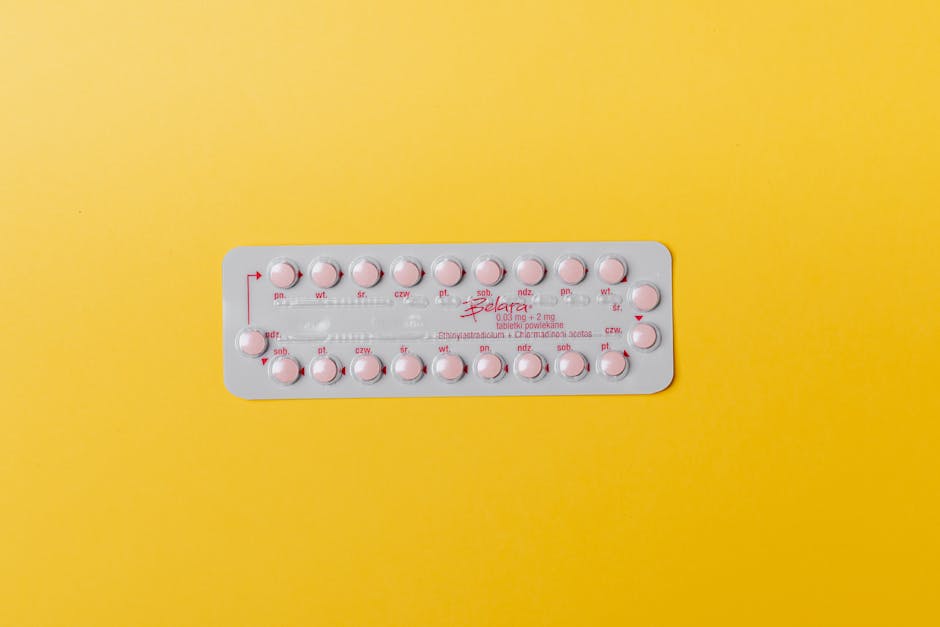Hormonal contraception is a key concern for many women, with particular attention given to the balance between estrogen and progestin. While estrogen has been in the spotlight for its potential side effects, progestin presents a promising alternative or complement to allay these concerns.
Understanding Hormonal Contraception

Hormonal contraception methods, including birth control pills, patches, and injections, often combine estrogen and progestin to prevent pregnancy. Estrogen works primarily to suppress ovulation, while progestin thickens cervical mucus to block sperm passage and thins the uterine lining to prevent implantation. The combination of these hormones is effective but can sometimes lead to apprehension due to estrogen-related side effects.
Estrogen is linked to risks such as blood clotting, especially in smokers and older women. This has led some to explore options with lower estrogen levels or those that rely more heavily on progestin. Understanding these mechanisms is crucial for informed choices about women’s health and contraception.
Progestin-Only Options

Progestin-only pills (POPs), injections, and implants offer alternatives for those sensitive to estrogen. These methods are as effective as their combined counterparts in preventing pregnancy and are particularly suited for those who may face increased risks from estrogen. Progestin-only options are often recommended for breastfeeding mothers, women over 35 who smoke, and those with a history of certain health issues.
Despite their benefits, progestin-only contraceptives may have drawbacks, such as irregular bleeding. However, many find the reduced hormone exposure preferable, allowing them to better manage their reproductive health.
Addressing Common Myths

There are several myths surrounding progestin and its use in contraception. One prevalent misconception is that progestin alone can alter a woman’s fertility long-term. In fact, fertility typically returns quickly after discontinuing progestin-only methods, similar to other hormonal contraceptives.
Another myth is that progestin-only methods are less effective. When used correctly, progestin-only pills and other methods can be more than 99% effective. Education and proper guideline adherence are crucial to dispelling fears and increasing confidence in these options.
Future of Hormonal Contraception

Research in hormonal contraception continues to evolve with innovations aimed at improving efficacy and minimizing adverse effects. The development of new progestin compounds and delivery systems shows promise in expanding choices for women seeking low-estrogen or estrogen-free contraceptive methods.
Public awareness and education are pivotal to advancing these efforts, as misconceptions and lack of information can lead to underutilization of effective contraception. Embracing emerging scientific developments can help broaden the landscape of women’s reproductive health.
In conclusion, progestin serves as a powerful tool in the realm of hormonal contraception, offering a viable path for those concerned about estrogen-related effects. Understanding the myths and facts about hormonal contraception can empower women to make more informed choices about their reproductive health.
Source: Official National Health Service website.





